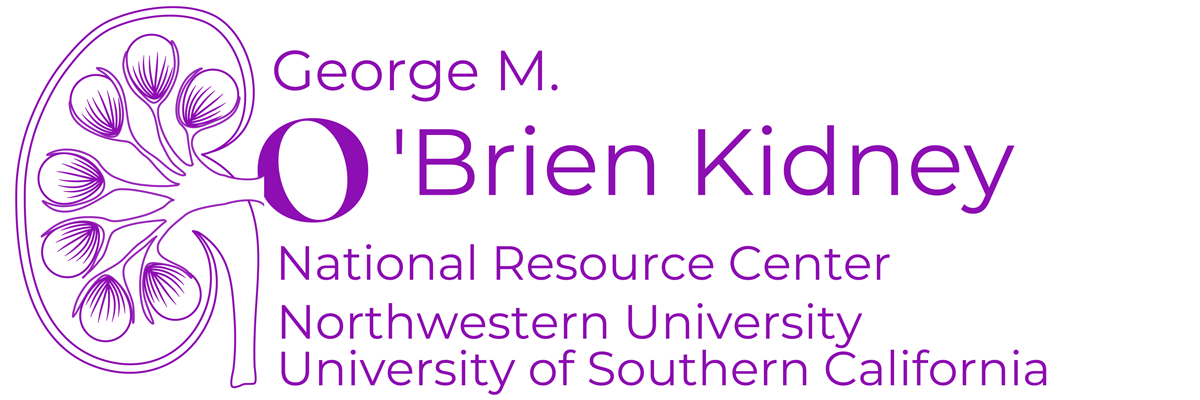 NU-USC George M. O’Brien Kidney Resource Center (NUGoKidney)
NU-USC George M. O’Brien Kidney Resource Center (NUGoKidney)
Summary
The Northwestern University-University of Southern California (NU-USC) National Resource Center (NUGoKidney) aims to revolutionize kidney research by integrating physical science advances, such as nanotechnology, proteomics, and bioelectronics, into kidney disease study and treatment. Its Biomedical Resources Core objectives include developing new methods for kidney research, providing widespread access to innovative physical science tools, and fostering community-wide innovation through nanotechnology applications. The integration of physical sciences and kidney research positions the NU-USC NRC as a leading institution in advancing kidney health and therapy.
If you are interested in utilizing any resources from this center, please schedule an initial consultation by emailing
Biomedical Resource Core (BRC)
-
Description
Services provide precision targeting of desired payloads to specific cells or sub-regions within the kidney through:
-
Services
- In vitro studies of micelles with Proximal Tubule cells
- In Vivo Micelles Therapeutic Efficacy : Hematoxylin and Eosin (H&E) Imaging
- In Vivo Micelles Therapeutic Efficacy: Immunohistochemistry (IHC) Imaging
- In Vivo Micelles Therapeutic Efficacy: using Rapid Model
- In Vivo Therapeutic Efficacy:
- In Vivo Therapeutic Efficacy: Guidance
- Incorporation of conjugated siRNA into micelles
- Micelles formation
- Nanocarrier/micelles characterization: Morphology - Transmission electron microscopy (TEM)
- Nanocarrier/micelles characterization: particles size - Dynamic Light Scattering (DLS)
- Nanocarrier/micelles characterization: Polydispersity Index (PDI)- Dynamic Light Scattering (DLS)
- Nanocarrier/micelles characterization: RNA incorporation - Gel Electrophoresis
- Nanocarrier/micelles characterization: RNA protection against nucleases - Gel Electrophoresis
- Nanocarrier/micelles characterization: zeta potential - Dynamic Light Scattering (DLS)
- NW Background search
- NW Grant proposal assistance
- NW Manuscript assistance
- NW Publication Assistance
- Peptide purification
- Peptide purification: High-Performance Liquid Chromatography (HPLC)
- Peptide purification: Matrix-Assisted Laser Desorption/Ionization (MALDI)
- Purified peptide conjugation with DSPE-PEG for micelles synthesis
- Purified peptide conjugation with DSPE-PEG purification: High-Performance Liquid Chromoatography (HPLC)
- Purified peptide conjugation with DSPE-PEG purification: Matrix-Assisted Laser Desorption/Ionization (MALDI)
- Quantification of drug encapsulation in nanocarriers by HPLC
- siRNA conjugation with DSPE-PEG
Contact Information
If you would like more information regarding services provided by NUGoKidney, please contact:
Esmeralda Liz
Website
